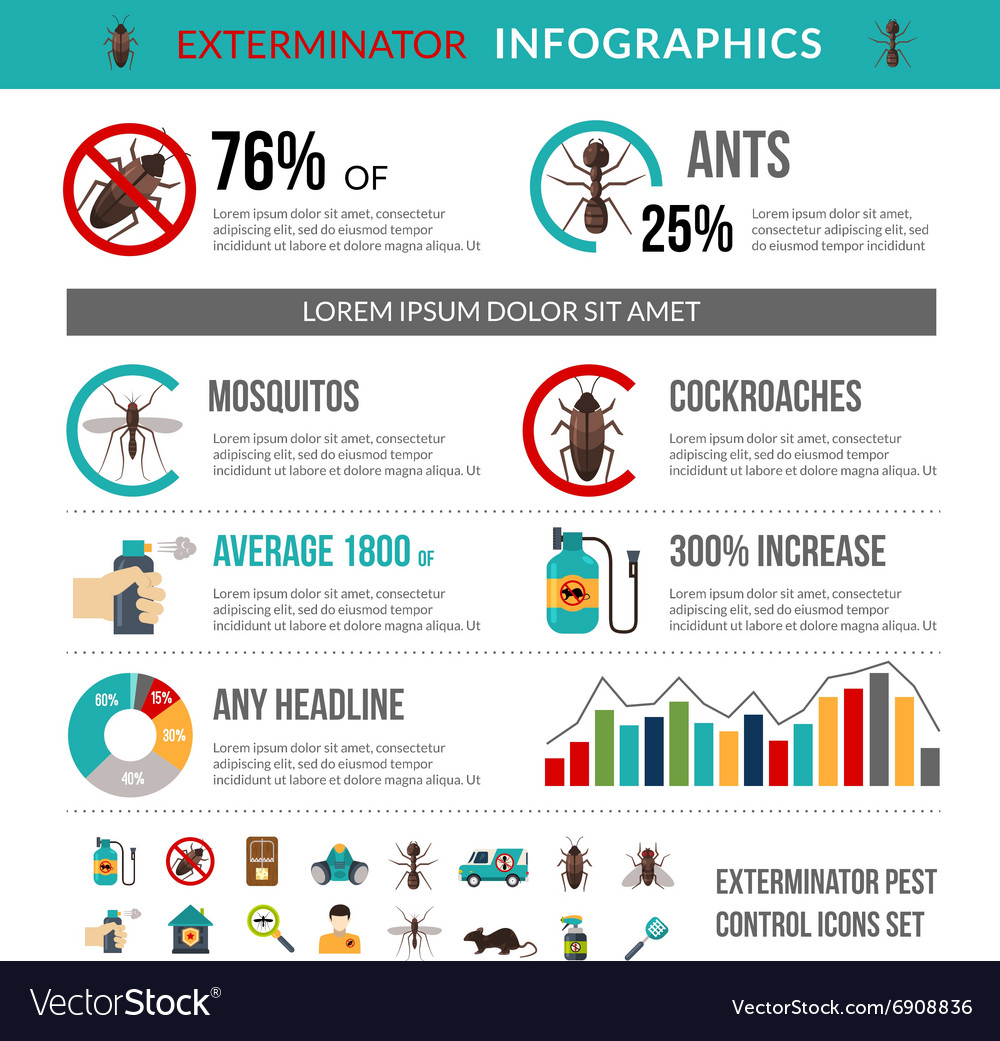Pest-Proofing Your Garden: Tips For Maintaining Outdoor Parasites At Bay
Pest-Proofing Your Garden: Tips For Maintaining Outdoor Parasites At Bay
Blog Article
Written By-Lambertsen Warren
Envision your yard as a shelter, an area of harmony and appeal. However, https://www.discoverwildlife.com/animal-facts/mammals/savannah-cats-as-pets/ of exterior parasites can quickly disrupt this picturesque photo. What happens if there were easy yet efficient ways to keep these unwanted visitors away and shield your yard oasis? By adhering to a few sensible ideas and carrying out natural strategies, you can create an unified outdoor space where your plants can flourish uninterrupted.
Natural Bug Deterrents
To keep parasites far from your yard normally, plant aromatic herbs like mint and lavender. paul pest control smelling plants not only include beauty to your yard yet likewise function as efficient bug deterrents. Parasites like mosquitoes, flies, and even some garden-damaging insects are fended off by the solid fragrances given off by these herbs. Simply positioning them strategically around your garden can help develop a natural barrier versus undesirable parasites.
Along with mint and lavender, take into consideration growing other herbs like rosemary, basil, and lemongrass to better improve your yard's pest-proofing capabilities. These natural herbs not only serve as natural repellents yet additionally have actually the added benefit of serving in cooking or crafting homemade solutions.
Strategic Plant Positioning
Think about the format of your yard and the kinds of plants you need to purposefully position them for optimum pest-proofing performance.
Begin by organizing plants with comparable resistance to pests together. By doing this, you can create a natural obstacle that prevents insects from spreading throughout your garden.
Furthermore, putting pest-repelling plants like marigolds, lavender, or mint near more susceptible plants can aid secure them. Tall plants, such as sunflowers or corn, can work as a shield for much shorter plants against parasites like bunnies or ground-dwelling pests.
Bear in mind to leave enough area in between plants to boost air blood circulation and minimize the threat of illness that pests may lug.
Additionally, take into https://dallasharja.webdesign96.com/32537492/recognizing-normal-indicators-of-termite-presence-in-your-residence-an-in-depth-manual planting strong-smelling natural herbs like rosemary or basil near at risk plants to confuse insects' detects and make it harder for them to locate their targets.
Efficient Bug Control Techniques
For combating garden pests efficiently, carrying out a multi-faceted insect control strategy is vital. Start by motivating natural predators like birds, ladybugs, and hoping mantises to aid keep pest populations in check. Introducing plants that attract these helpful insects can assist in bug control. Furthermore, practicing good garden hygiene by removing debris and weeds where insects might hide can make your yard much less hospitable to unwanted visitors.
Take into consideration using physical obstacles such as row cover textiles or netting to protect prone plants from pests like caterpillars and birds. Applying natural chemicals like neem oil or insecticidal soap can also work against specific insects while being much less harmful to advantageous pests and the setting. It's critical to turn your crops each season to stop the accumulation of pest populaces that target specific plants.
On a regular basis examine your plants for indications of parasite damage so you can act without delay. By combining these methods and remaining watchful, you can effectively control garden parasites and appreciate a thriving, pest-free yard.
Verdict
So, there you have it - with the right strategies, you can maintain pesky outside pests far from your garden and aid your plants grow.
Did you recognize that planting mint has been shown to repel mosquitoes and other pests, lowering the need for dangerous chemicals by up to 60%?
By incorporating natural deterrents and smart growing methods, you can create a stunning and pest-resistant garden sanctuary for you to take pleasure in.
